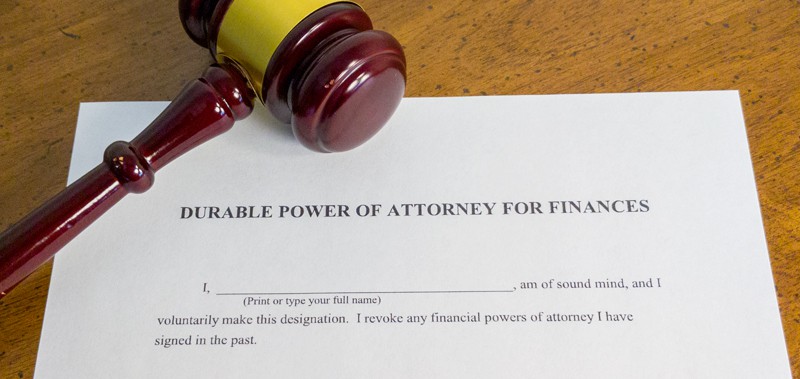Legal Issues Involving Alzheimer’s & Dementia
This article describes dementia legal issues as well as legal issues with similar conditions related to aging such as Alzheimer’s.
Dementia is not a single disease, but a collective term used to describe various symptoms of cognitive decline that occur as part of aging. A person with dementia will present various symptoms that someone else or even themselves may notice. Early symptoms, which are as a result of memory loss include:
- Forgetfulness especially with language
- Disorientation
- Mood and personality changes
- Difficulty completing familiar tasks
- Misplacing things
- Problems with abstract thinking such as dealing with money
- Confusion
There are several types of dementia, which can range from mild cognitive impairment to severe dementia. Since there is no known cure, early management of dementia disorders, such as Alzheimer’s, focuses on providing care including ensuring the safety and comfort of the patient. Creating a dementia care plan is extremely important, and an elder care attorney ensures that important legal documents are written and signed as soon as possible after a diagnosis of dementia. A well written and properly executed plan protects the person with dementia and their family. Furthermore, a solid plan alleviates stress on a family during this difficult time.

Legal Documents Involved With Alzheimer’s & Dementia
Durable Power of Attorney – This document assigns someone to make financial decisions for the person with dementia when an individual becomes unable to do so. A back up person is usually picked in case the first assigned person is unavailable.
Power of Attorney for Healthcare – This individual accepts the responsibility to decide what types of medical care a patient receives. Once again, this should be a trusted friend or family member. This person decides if/when long term care may be needed. So, it’s important to choose wisely.
Will – Wills are state documents and must follow the laws of the individual state. Basically, a will designates an executor that oversees the distribution of one’s estate. Of course, this takes effect after a person passes away.
Living Will – One specific type of will is a living will. This document spells out which medical procedures, treatments, and/or interventions a patient wants.
Living Trust – A living trust is an important document for a person with dementia. This vital legal plan allows trustees to manage someone’s estate if they become incapacitated. For example, investments, property, bank accounts, etc. may be put into this living trust. It’s important to have an experienced elder care attorney establish a Living Trust along with a Power of Attorney to protect assets.
Do Not Resuscitate Order – This is an advance directive that states one does not want cardiopulmonary resuscitation(CPR) if his/her breathing or heart stops.
How An Attorney Can Help
An elder law firm handles a wide range of legal and sensitive matters that affect the elderly and their loved ones. Elder law planning also handles a variety of challenging issues that include:
- Help with vital legal documents
- Estate planning
- Probate proceedings
- Long-term health care planning
- Housing opportunities
- Help with the appointment of legal guardianship
- Locating long-term care facilities
- Medicaid eligibility
- Nursing Home issues
Our parents have taken care of us our entire lives. It is only appropriate that we strive to do the same for them as to make their golden years as comfortable as possible. Elder law firms have attorneys that specialize in sensitive areas of law that affect the physical and emotional needs of older adults.
Therefore, do not hesitate to contact an elder law attorney if you need help with issues like guardianship, long-term care options, financial planning, assisted living, and much more. It is crucial to find an attorney that specializes in situations surrounding elder law when looking at creating a long-term plan for your care, or assistance with a loved one’s financial planning, especially with a diagnosis of dementia.
